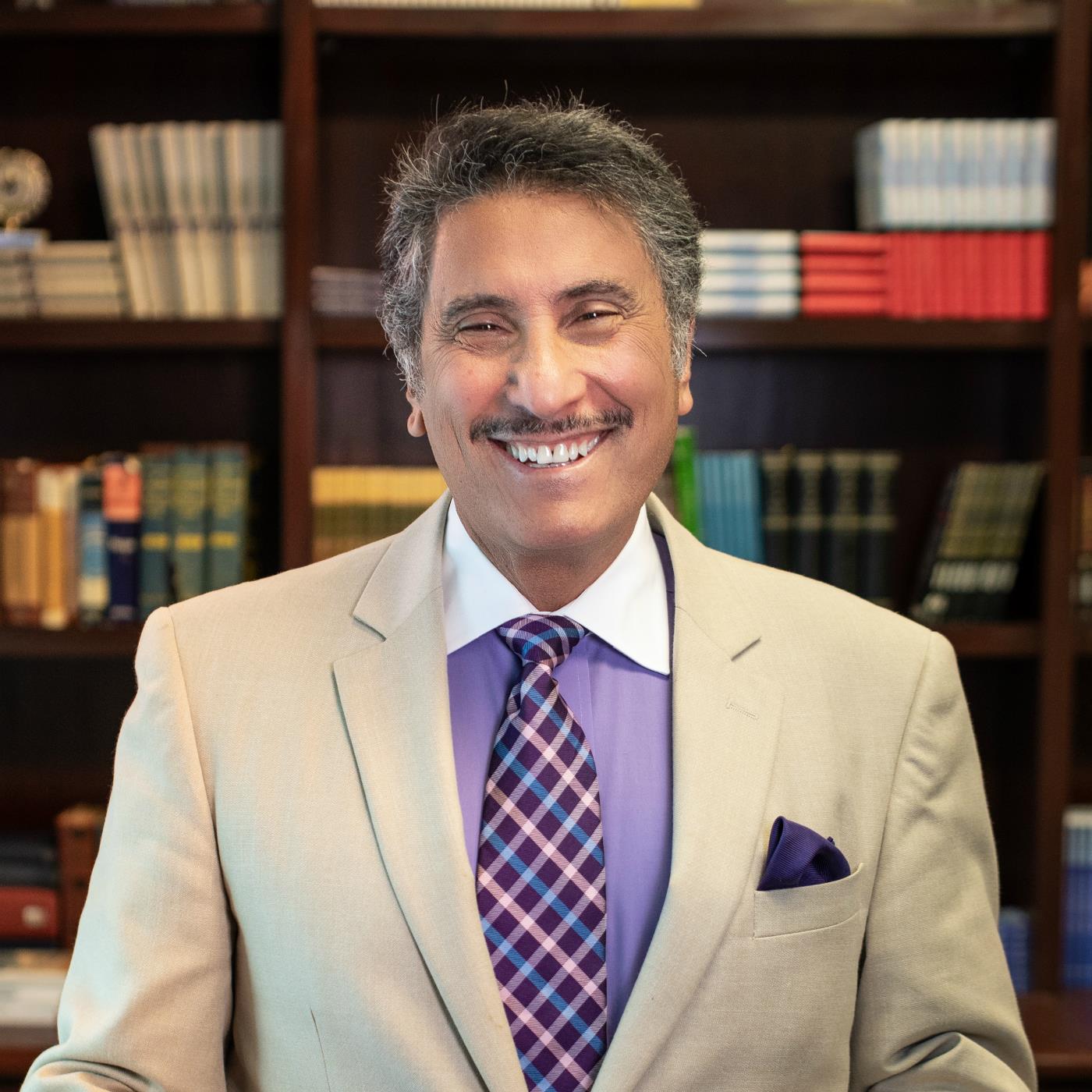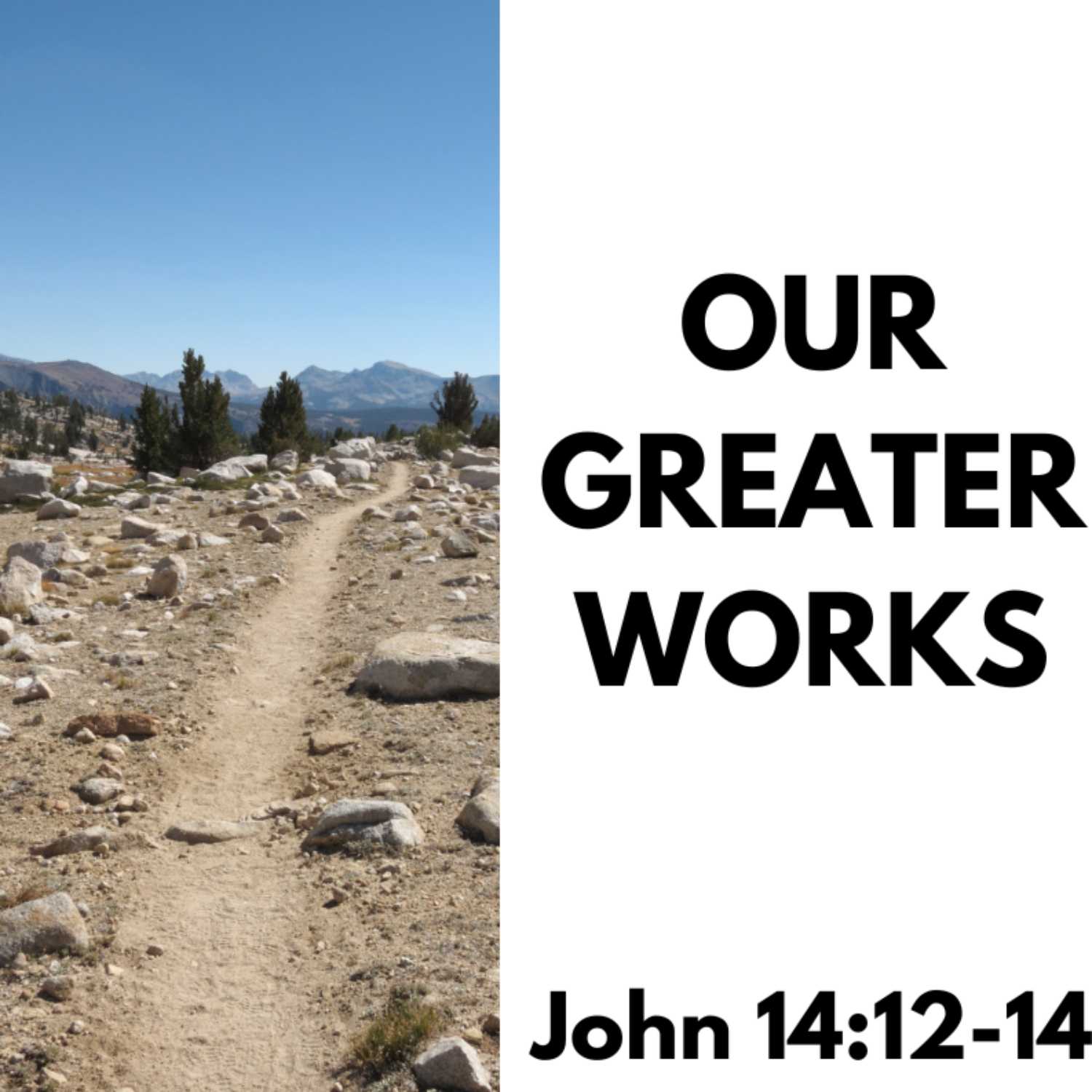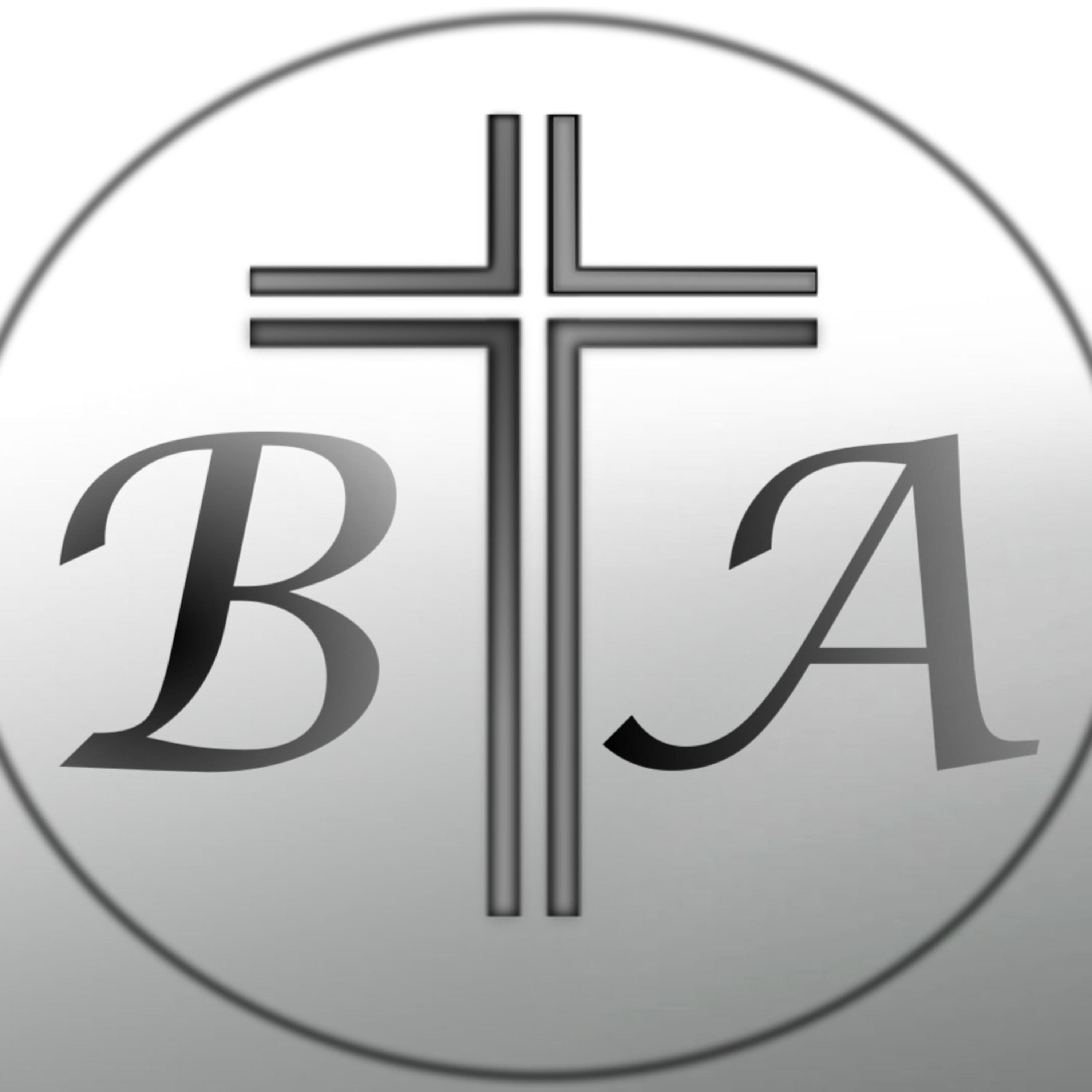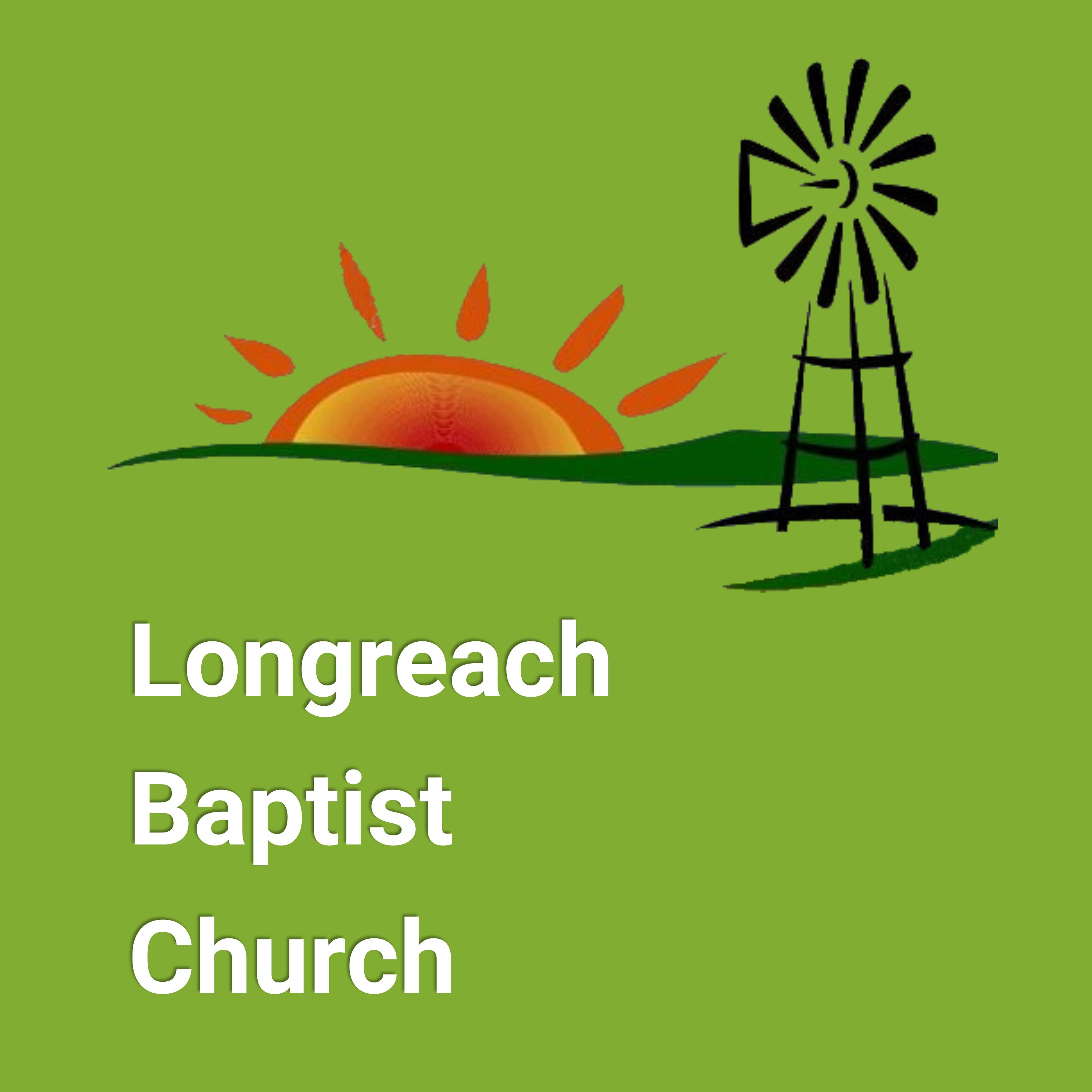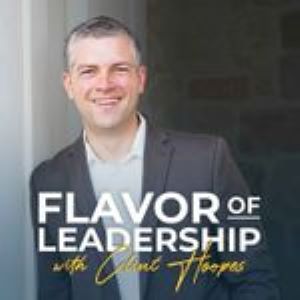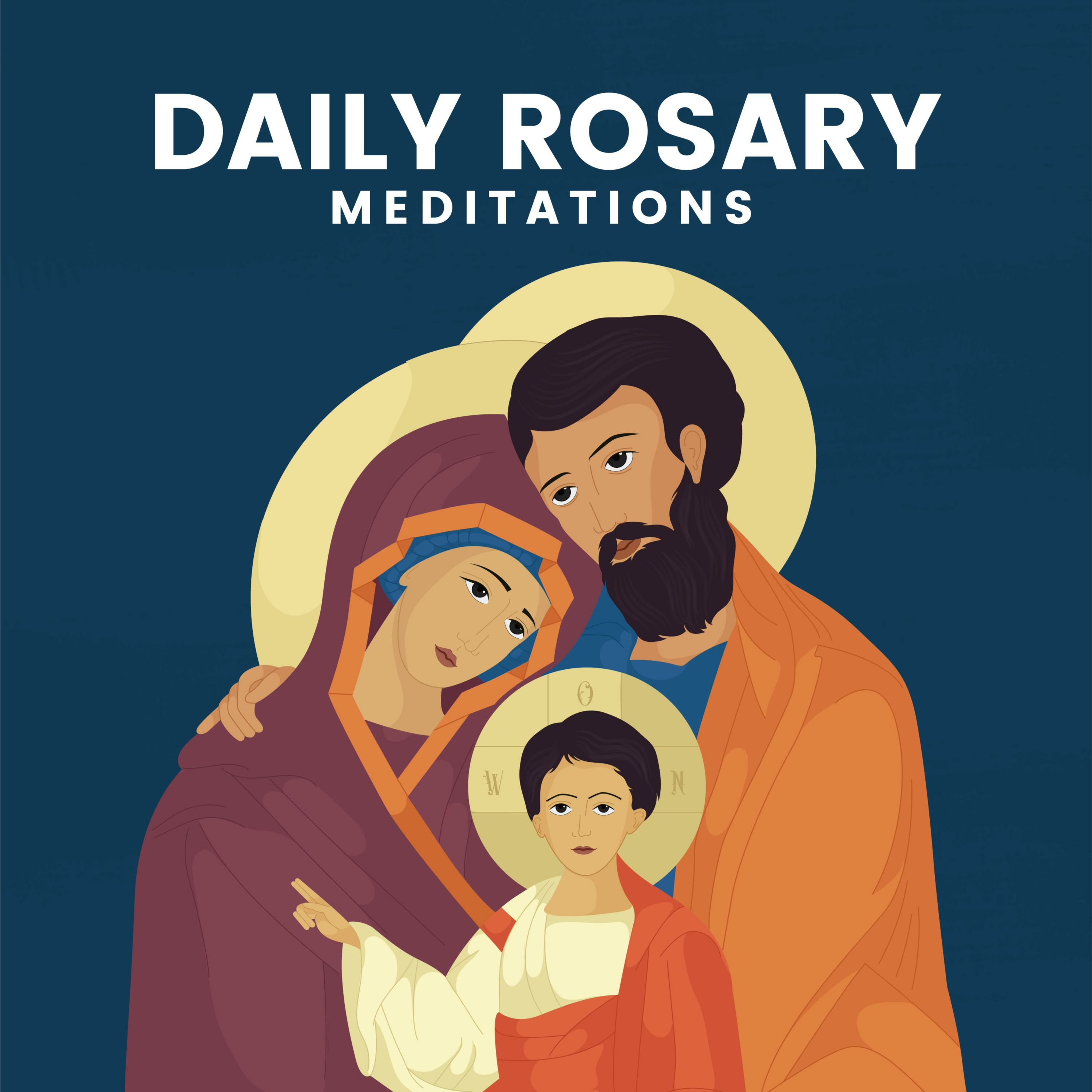- After-Shows
- Alternative
- Animals
- Animation
- Arts
- Astronomy
- Automotive
- Aviation
- Baseball
- Basketball
- Beauty
- Books
- Buddhism
- Business
- Careers
- Chemistry
- Christianity
- Climate
- Comedy
- Commentary
- Courses
- Crafts
- Cricket
- Cryptocurrency
- Culture
- Daily
- Design
- Documentary
- Drama
- Earth
- Education
- Entertainment
- Entrepreneurship
- Family
- Fantasy
- Fashion
- Fiction
- Film
- Fitness
- Food
- Football
- Games
- Garden
- Golf
- Government
- Health
- Hinduism
- History
- Hobbies
- Hockey
- Home
- How-To
- Improv
- Interviews
- Investing
- Islam
- Journals
- Judaism
- Kids
- Language
- Learning
- Leisure
- Life
- Management
- Manga
- Marketing
- Mathematics
- Medicine
- Mental
- Music
- Natural
- Nature
- News
- Non-Profit
- Nutrition
- Parenting
- Performing
- Personal
- Pets
- Philosophy
- Physics
- Places
- Politics
- Relationships
- Religion
- Reviews
- Role-Playing
- Rugby
- Running
- Science
- Self-Improvement
- Sexuality
- Soccer
- Social
- Society
- Spirituality
- Sports
- Stand-Up
- Stories
- Swimming
- TV
- Tabletop
- Technology
- Tennis
- Travel
- True Crime
- Episode-Games
- Visual
- Volleyball
- Weather
- Wilderness
- Wrestling
- Other
Thanksgiving
No, I’m not talking about Gramercy Park, New York City – although I’ll come back to that. I’m referring to an old English word, gramercy, used by Shakespeare, that is derived from the French, grand mercy, meaning ‘heartfelt, big thanks’. That said, the name ‘Gramercy’ for the only locked private park in New York was derived from the Dutch, Krom Moerasje, ‘little crooked swamp’ – which is what the park originally was. Now permit me a personal note about Judith’s and my ‘heartfelt thanks’ following September 11, 2001. That day we were living Downtown in the New York City financial district, quite near the Twin Towers. With the destruction of the towers, our apartment building was in the original Ground Zero. We needed to find a new place to live. Unexpectedly, I received a call asking if we would be interested in moving to an apartment in the Gramercy area. ‘Yes, please!’ How heartfelt our thanks were – to the Lord and to the phone-caller. For us ‘gramercy’ took us back to the earlier English meaning. It also reminded us of the ‘big thanks’ everyone of us owes God. Consider the scene of Jesus’ crucifixion in Luke chapter 23, beginning at verse 33. Two others, criminals, were crucified with Jesus at a place known as The Skull (which in Latin is calvaria, hence our ‘Calvary’). The positioning of Jesus between these two seems a deliberate way of implying that he was just another criminal. This also fulfilled the prophecy: He was numbered with the transgressors (Isaiah 53:12). We can identify two important themes – a prayer and a promise. A Prayer. Jesus said, ‘Father, forgive them; for they do not know what they are doing’ (23:34). Everyone watching that day knew Jesus was innocent. They knew the injustice of it all. So, for whom was he praying? Some suggest his prayer was for the soldiers, but in that case he might have said, ‘Father, understand their situation’. They were doing their duty. Others say his prayer was for the Jewish leaders who had stirred events that led to his crucifixion. We make better sense of the prayer when we read it all: ‘for they do not know what they are doing’. Jesus was praying for people who shut their minds to the voice of truth. Yes, he was praying for the Jewish leaders who taunted him (23:35). And he was praying for the Roman soldiers who mocked him as the ‘King of the Jews’ (23:36f). Significantly, with his prayer he was putting into practice the law of neighbor love that he had spoken about in his parable of the Good Samaritan (Luke 10:28-34). In his hour of crisis, he prayed for others and forgave them their ignorance. But, he was also praying for his followers and the watching crowd. And, let me suggest he was praying then for you and me now. At one time or another we have all have mocked the dying Christ. Deep down all of us have rejected his claims to be our Lord. An inscription stating the charges against Jesus, was put over his head in accord with normal Roman practice. Significantly, Pilate wrote: This is the King of the Jews (23:38). He quoted back to the Jewish leaders their accusation against Jesus. In doing so, the Roman governor was also stating the deeper truth we find in Luke’s narrative: Jesus is the king of the Jews. He is the Messiah and the Lord. This theme is illustrated in the c





